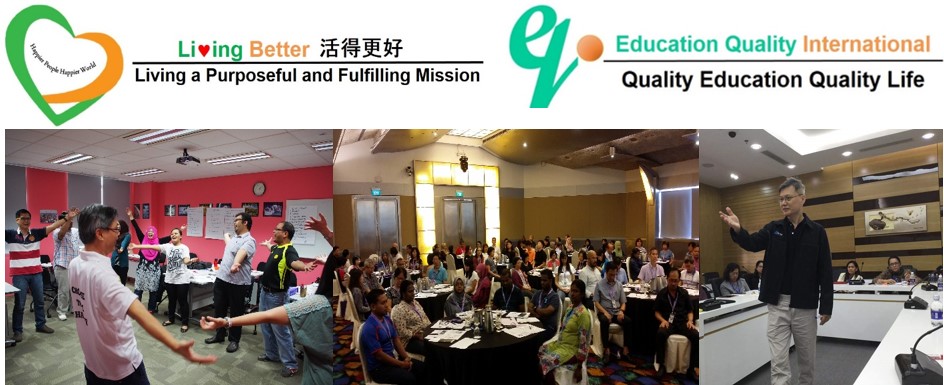Generally, accreditation or assessment system in higher education can be classified into two broad categories: Rules-based and Principles-based. Rules-based system focuses on compliance to standards and indicators while principles-based system focuses on a set of underlying principles of continuous quality improvement based on a framework (Lindsay H Heywood, Principles-based accreditation: the way forward?, 2007). Empirical and scholarly evidence suggests that principles-based system has a more gradual startup but a more enduring and sustainable gains in quality improvement over a longer time period than rules-based system as illustrated below.
 |
| Source: Lindsay H Heywood, Principles-based accreditation: the way forward?, 2007 |
Criterion 1 - Expected Learning Outcomes
 |
| Principle 1 - Vertical Alignment of Learning Outcomes and Stakeholder's Needs |
Criterion 2 - Programme Specification
 |
| Principle 2 - Providing an Informed Choice through Course and Programme Specifications |
Criterion 3 - Programme Structure and Content
 |
| Principle 3 - Constructive Alignment of Curriculum to Learning Outcomes |
Criterion 4 - Teaching and Learning Approach
 |
| Principle 4 - Alignment of Teaching and Learning Approach to Culture, People and System |
Criterion 5 - Student Assessment
 |
| Principle 5 - Constructive Alignment of Student Assessment to Learning Outcomes and Teaching & Learning |
Criterion 6 - Academic Staff Quality and Criterion 7 - Support Staff Quality
 |
| Principle 6 - Holistic Approach to Academic and Support Staff Quality |
Criterion 8 - Student Quality and Support
 |
| Principle 7 - Quality and Retention of Graduates are dependent of Student Quality and Support Services |
Criterion 9 - Facilities and Infrastructure
 |
| Principle 8 - An Integrated Facilities and Infrastructure Beyond Physical Boundary |
Criterion 10 - Quality Enhancement
 |
| Principle 9 - A Planned Quality Enhancement for Continuous Improvement |
Criterion 11 - Output
 |
| Principle 10 - Benchmarking for Seeking Best Practices |









































